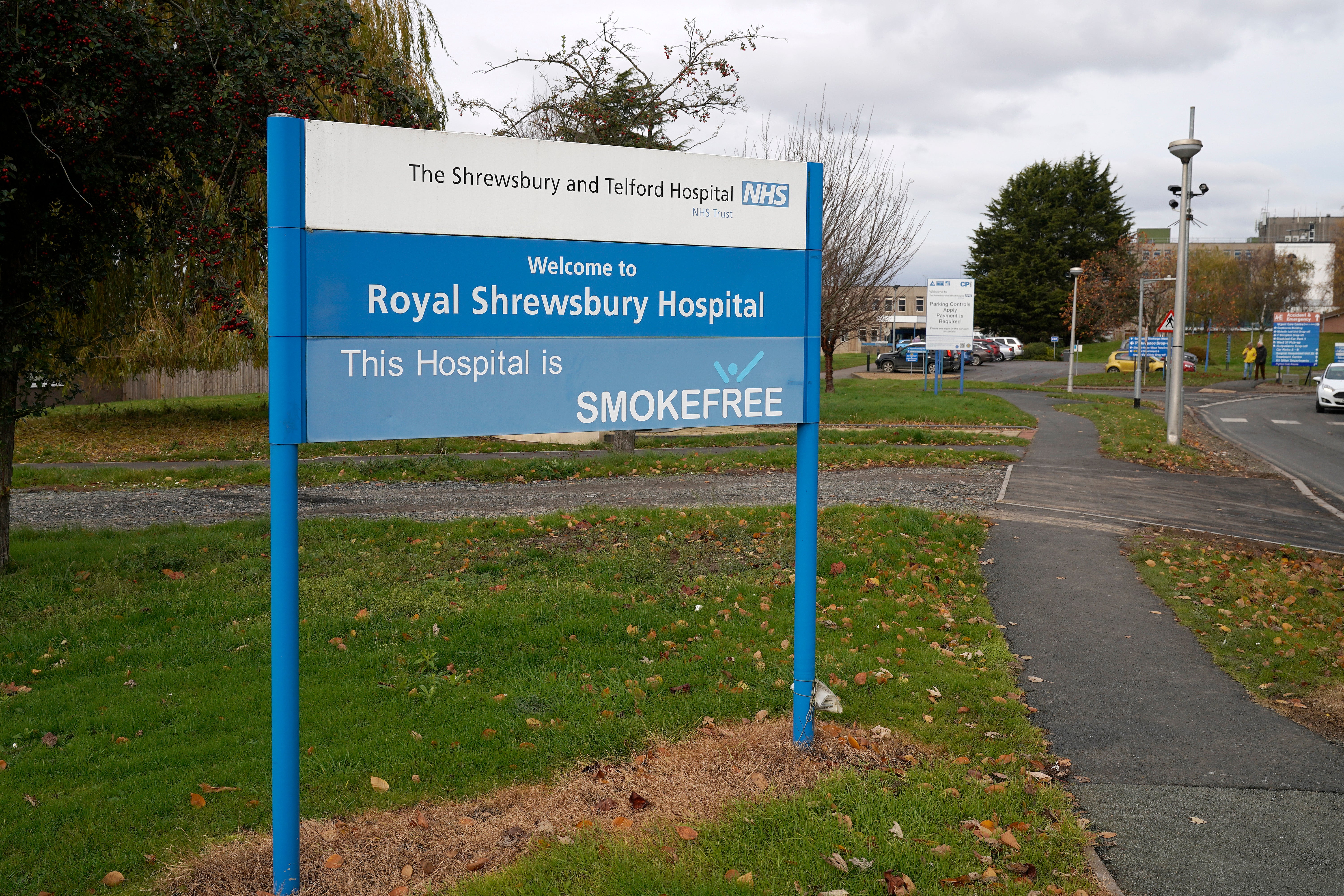Lessons from the Shrewsbury maternity scandal must be learnt across the NHS
Editorial: The most fundamental change to the NHS must be increased scrutiny and audit, both at trust level and nationally, in all manner of clinical outcomes

Words fail in the face of the maternity scandals in Shrewsbury and at too many other NHS trusts. Such institutions are supposed to be safe places for mothers and babies. They are places where parents put their faith in the medical professionals charged with their care. Infants are surely the most vulnerable patients of all. Yet they were subjected to a casual disregard for life and human dignity.
There have been too many betrayals. Women’s voices were ignored, their pleas, even in labour, went unanswered, and lives were lost and destroyed. Clinical professionals sometimes have to make difficult decisions, but the absence of compassion and the conscious habit of proven bad practice shouldn’t be present in modern medicine.
Every one of those betrayals represents a tragedy, and the scale of it – at the Shrewsbury trust alone – is difficult to process. The investigation by Donna Ockenden, a senior midwife, found that more than 200 babies may have died and many others left with life-changing injuries. The detail makes the story all the more vivid and upsetting, as the statistics cover 70 neonatal deaths, 131 cases where babies were stillborn, 29 where babies suffered severe brain injuries and 65 incidents of cerebral palsy.
The culture of arrogance and neglect lasted for more than 20 years, and would have persisted even longer in this self-perpetuating way, had some brave mothers not decided to speak out and take the case to the then health secretary Jeremy Hunt. Cases were taken up by the media, and The Independent is proud of playing its part in achieving some measure of justice and closure for the affected parents and children. The bill for compensation will rightly be substantial.
As Ms Ockenden observes, the reasons for these failures at Shrewsbury, and no doubt elsewhere, are clear: not enough staff; a lack of ongoing training; a lack of effective investigation and governance at the trust and a culture of not listening to the families involved.
Sajid Javid, the health and social care secretary, has accepted a series of recommendations in the report, and those in the interim report, and has committed to spending more on maternity care, and awarding it a higher profile. It cannot be done too soon. Mr Javid lets himself and NHS patients down, however, by opposing the plan advocated by his predecessor for a rational training plan for NHS staff and recruits.
To keep up to speed with all the latest opinions and comment, sign up to our free weekly Voices Dispatches newsletter by clicking here
The most fundamental change to the NHS must be increased scrutiny and audit, both at trust level and nationally, in all manner of clinical outcomes. This will help identify areas where the highest of clinical standards are not being met.
It would also help areas where “levelling up” measures are required. Too often, though, obvious failings were ignored even when they became apparent. The health department needs a more extensive intelligence network and to make statutory protection for whistleblowers effective.
All institutions have a tendency to close ranks, deny problems and defend themselves when scandals emerge. It happens across banks, politics, churches, media, the whole corporate world, and, as we see, in the NHS. It is a perfectly natural reaction, but one that needs checks and balances in place – and independent audits – to restrain it.
What is very apparent is that even now, the voices of patients – in this case, mothers – are still not being heard. If they were, to take a glaring and current example, people would not have to wait hours on end, in pain, before an ambulance arrives. There is much for Mr Javid to do if he is to take the lessons of the Shrewsbury and other maternity scandals and apply them across the health service.



Join our commenting forum
Join thought-provoking conversations, follow other Independent readers and see their replies
Comments